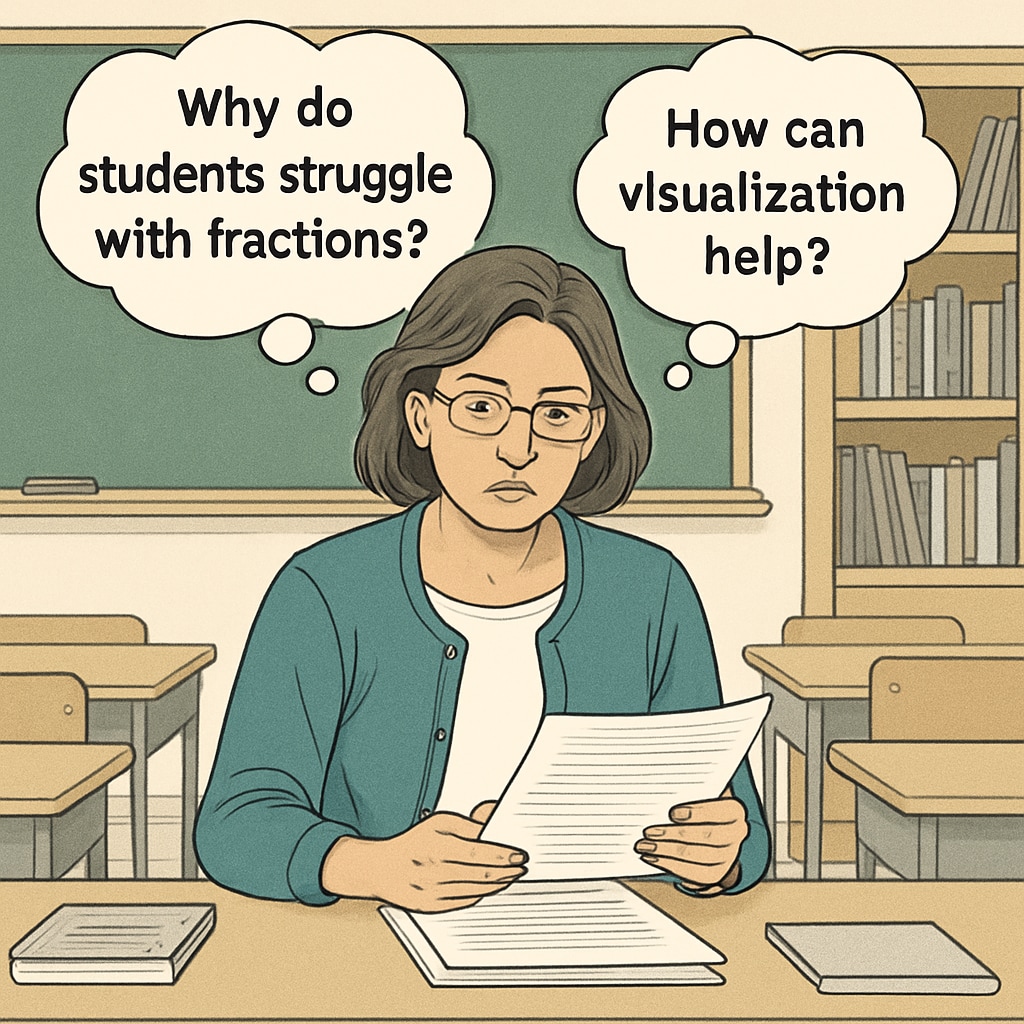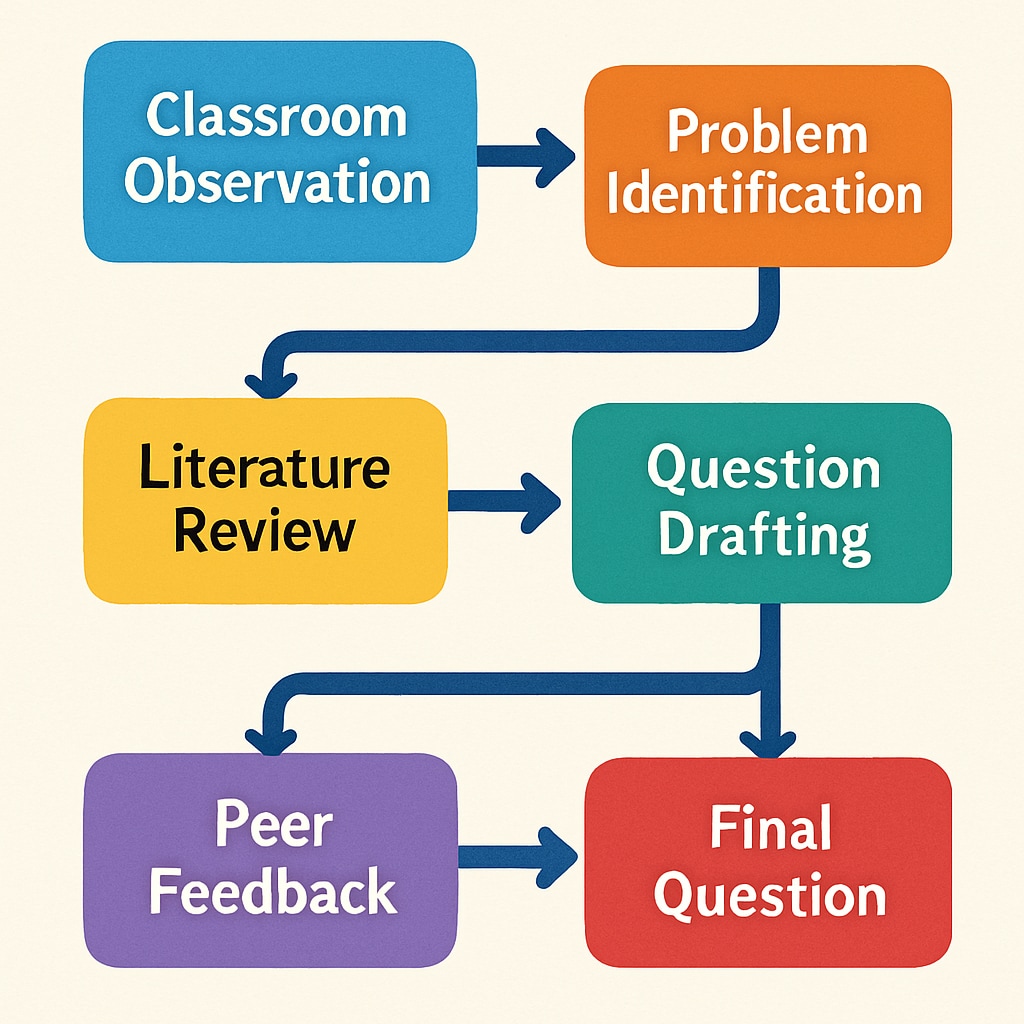Formulating research questions in K12 education requires systematic approaches to transform initial confusion into clear, actionable inquiries. Many educators struggle with identifying meaningful problems worth investigating, yet proper question formulation serves as the foundation for impactful educational research. According to the Wikipedia page on educational research, well-structured questions significantly influence study design and outcomes.
Identifying Authentic Educational Challenges
The first step involves recognizing real classroom issues. Effective questions emerge from:
- Direct classroom observations
- Student performance data analysis
- Teacher feedback sessions
- Curriculum implementation gaps
For example, a mathematics teacher might notice consistent errors in fraction operations across multiple classes, suggesting a potential research focus.

Developing Actionable Inquiry Frameworks
Once challenges are identified, researchers must refine them into investigable formats. The Britannica education overview suggests these refinement techniques:
- Specify the target population (grade level, subject area)
- Define measurable outcomes (test scores, engagement metrics)
- Consider practical constraints (time, resources)
This process transforms broad concerns into focused questions like: “How does visual modeling impact 4th graders’ fraction comprehension?”
Evaluating Question Quality
High-quality educational inquiries should meet these criteria:
- Addresses a genuine knowledge gap
- Aligns with current pedagogical priorities
- Produces actionable findings
- Remains feasible within school contexts
Researchers should test their questions through peer review and pilot observations before finalizing.

Practical Implementation Strategies
Successful implementation requires:
- Collaboration with fellow educators
- Alignment with school improvement plans
- Integration with existing assessments
- Clear communication with stakeholders
For instance, a literacy study might coordinate with reading intervention programs already in place.
Final Recommendations: Begin small with classroom-level inquiries, document all formulation stages, and remain flexible to adjust questions as new insights emerge. The process of developing research questions itself becomes a valuable professional learning experience for educators.


